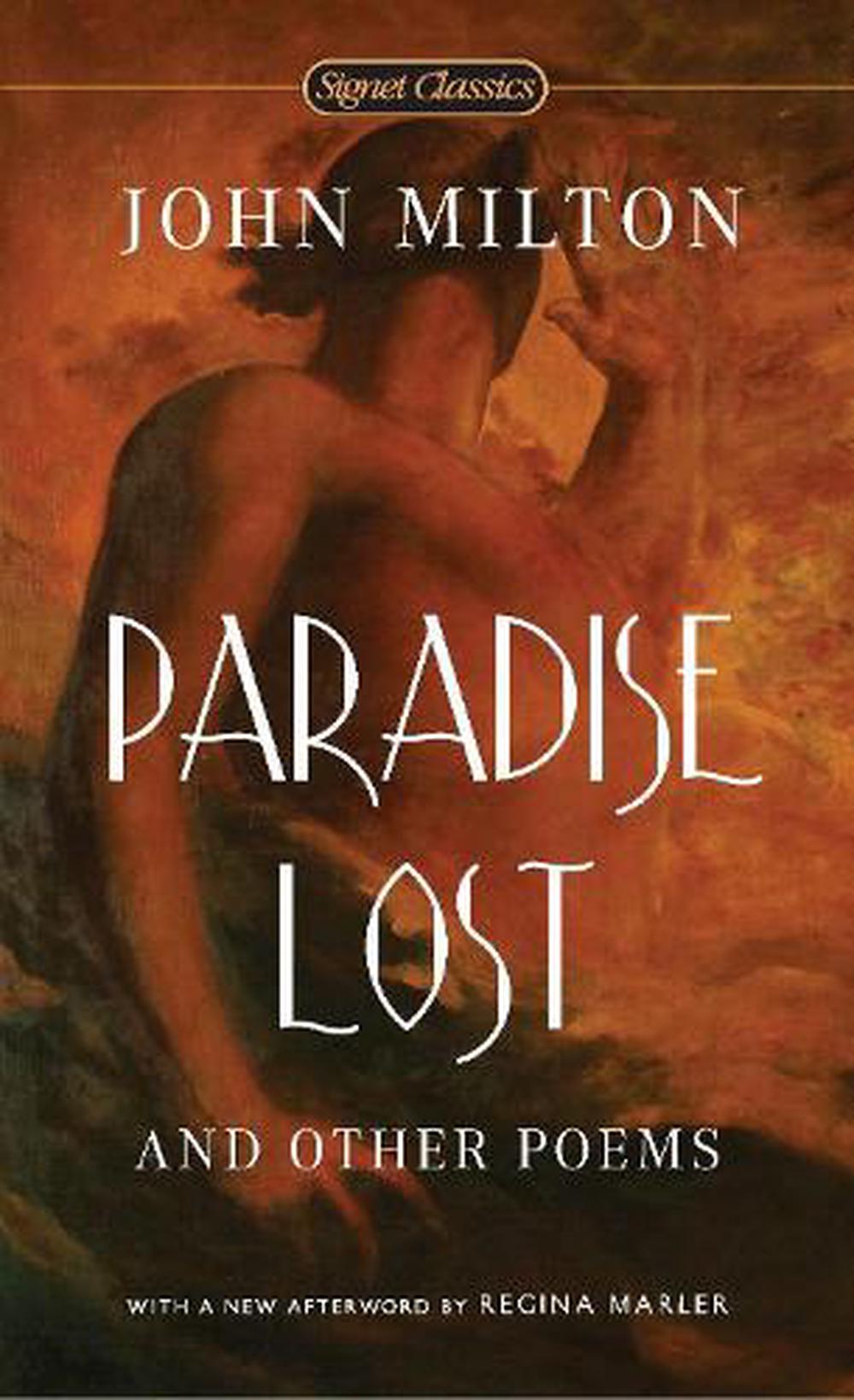
Paradise Lost and Other Poems
$20.44
- Paperback
464 pages
- Release Date
8 June 2011
Summary
With the three works included in this volume—Paradise Lost, Samson Agonistes, and Lycidas—Milton placed himself next to Shakespeare, Dante, and Homer as one of the greatest literary geniuses in history.
Book Details
| ISBN-13: | 9780451531834 |
|---|---|
| ISBN-10: | 0451531833 |
| Author: | John Milton, Edward Le Comte, Edward M. Cifelli, Regina Marler |
| Publisher: | Penguin Putnam Inc |
| Imprint: | Signet |
| Format: | Paperback |
| Number of Pages: | 464 |
| Release Date: | 8 June 2011 |
| Weight: | 249g |
| Dimensions: | 172mm x 108mm x 26mm |
| Series: | Signet Classics (Hardcover) |
You Can Find This Book In
About The Author
John Milton
John Milton was born in London on December 9, 1608, and studied at the University of Cambridge. He originally planned to become a clergyman, but abandoned those ambitions to become a poet. Political in his writings, he served a government post during the time of the Commonwealth. In 1651, he went completely blind but he continued to write, finishing Paradise Lost in 1667, and Paradise Regained in 1671. He died in 1674.
Returns
This item is eligible for free returns within 30 days of delivery. See our returns policy for further details.




